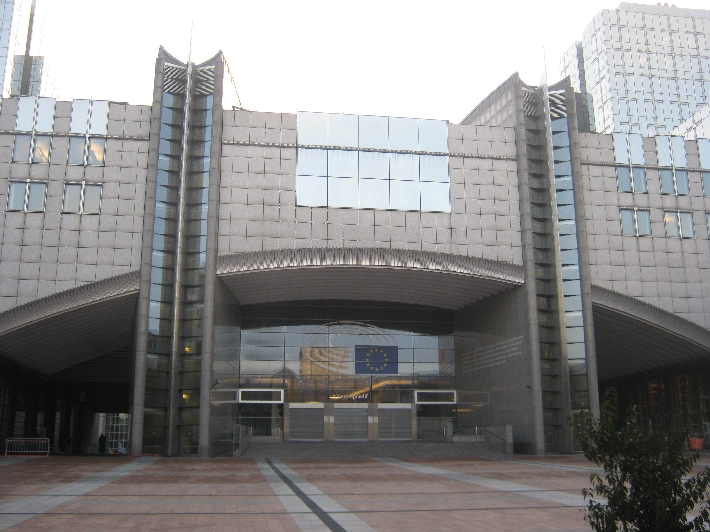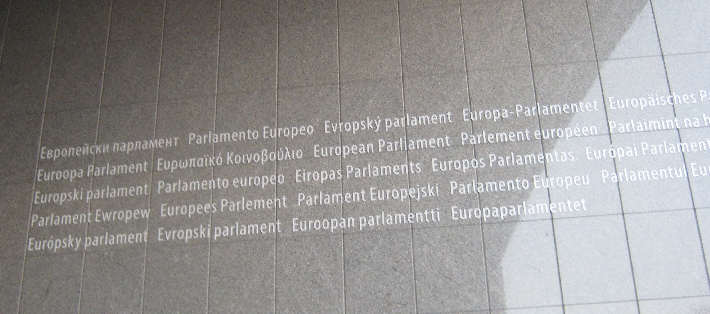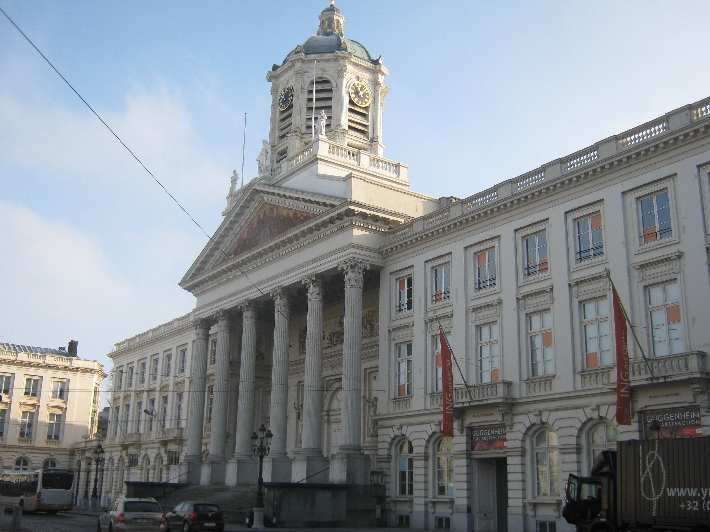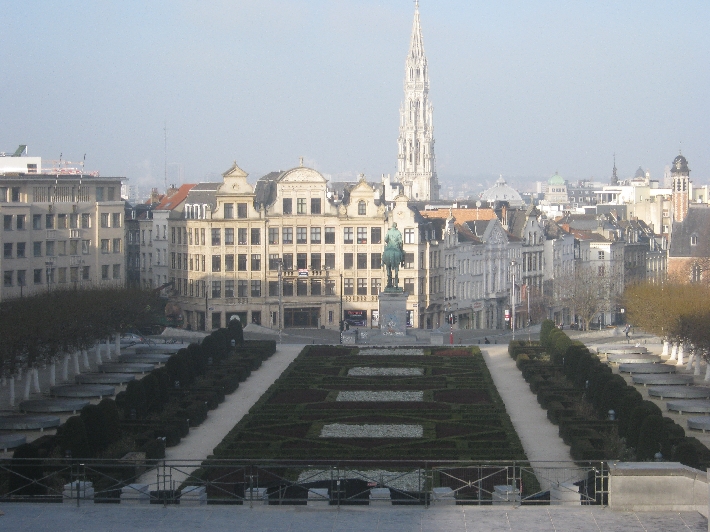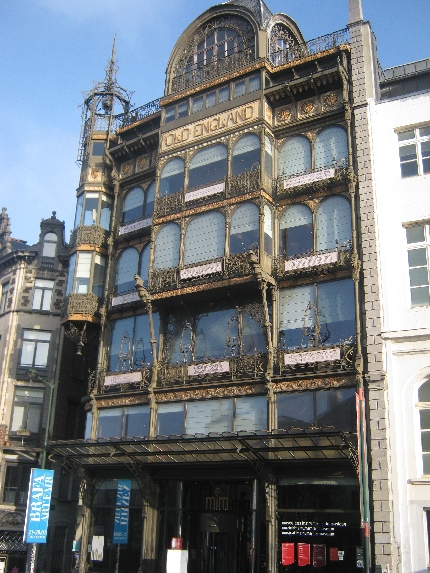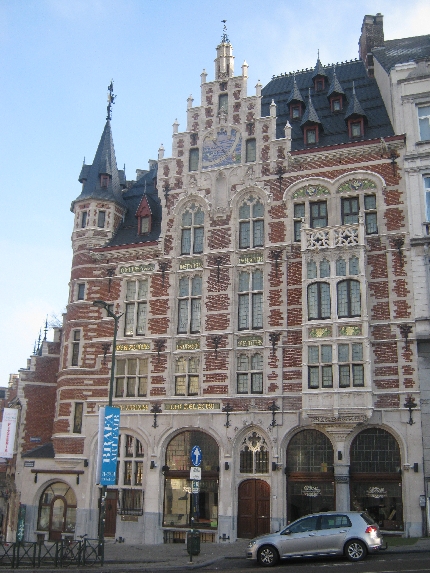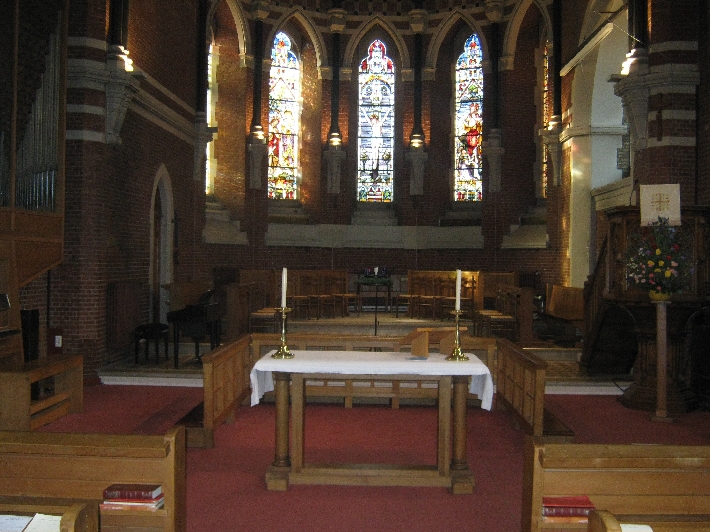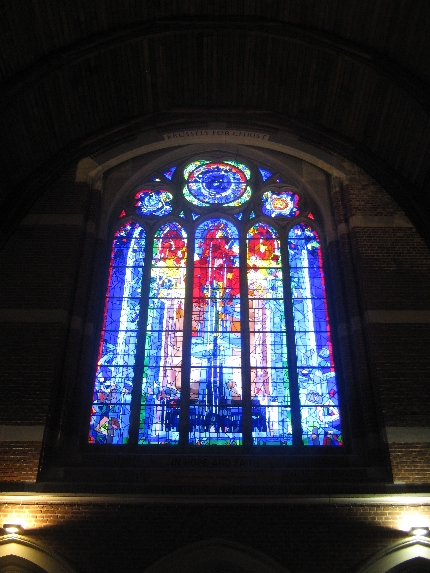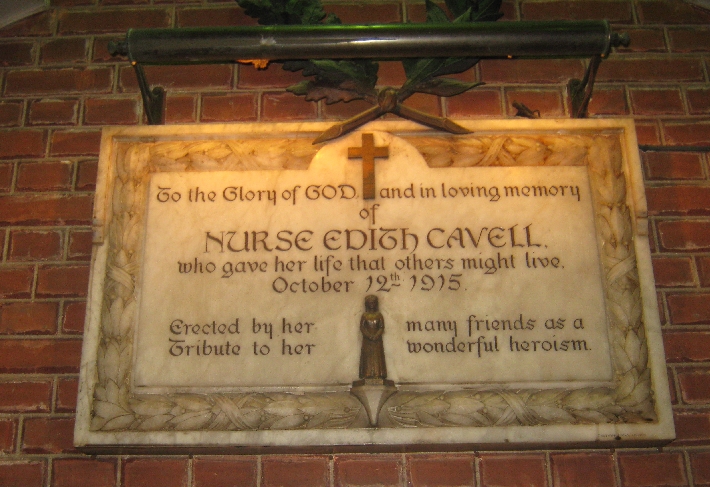
Since the death of Queen Elizabeth II, much has been written about her life and legacy. Living in Central Europe and with my ongoing ministry at the Frauenkirche in Dresden, two articles have particularly resonated with me. The first, written by the Anglo-German historian Katja Hoyer and published in ‘The Spectator’, has the subtitle, ‘She (QE2) understood the importance of reconciliation’. The second, written by +Robert, my Diocesan Bishop, has the title that I’ve stolen for this post 😉
Both articles mention that the Queen paid an eleven day visit to the former West Germany in 1965, twenty years after the end of the Second World War. Katja Hoyer goes on to say that the Queen ‘did not shy away from making difficult trips to places that had seen large-scale devastation through RAF bombing campaigns.’ She cites the visit to Düsseldorf where 90 per cent of buildings had either been damaged or completely destroyed and 5000 civilians killed.
Hoyer rightly says that the visit was not an easy one to sell back in the UK. Many British cities had experienced bombing by the Nazi Luftwaffe causing serious damage and loss of life, including my own home city of Coventry. But the Queen was determined to move forward and help establish good relationships with the German people, who in turn, warmly welcomed her on that first visit.
Hoyer then recalls a visit in 1992 to Dresden, less than three years after the fall of the Berlin Wall and the Inner German border. Her Majesty visited the ruins of the Frauenkirche, destroyed by allied bombing raids in February 1945. I can do no better than to quote from her article.
‘Ignoring a number of people jeering and whistling, the Queen stoically took in the site and concentrated on the quiet majority of Dresdeners who had come to thank her for attending a reconciliation service nearby. The following year, the Dresden Trust was set up in Britain, collecting donations of over £1 million, including contributions from Her Majesty herself, to rebuild the famous church. Dresden and its partner city Coventry have been powerful symbols of post-war reconciliation – a process that the Queen and her family have lent their invaluable support.’
The Queen’s support for the work of reconciliation between two nations, previously at war with each other, stands in stark contrast to the words and actions of many right wing British politicians and much of the UK tabloid press. They portray modern-day Germany as the enemy that still needs to be fought against. Margaret Thatcher, for quite some time after the fall of Communist regimes in Central and Eastern Europe, was strongly opposed to the reunification of Germany that finally took place thirty-two years ago yesterday. She expressed the fear that a united Germany would be too powerful.
Part of the Brexit campaign was based on the premise that the EU was run by Germany and that the UK should ‘take back control’. In particular, the then German Chancellor Angela Merkel, was portrayed as someone to be disliked, even hated.
The tabloid press forever harks back the Second World War, which of course, the Brits won single-handedly. It is as though the UK is still fighting, seventy-seven years after the Second World War ended. As I wrote and preached back in February 2020, ‘the EU was founded in part, to prevent a repetition of the two World Wars which had laid waste the continent of Europe in the first half of the twentieth century, something which the city of Dresden and my own city of birth, Coventry, know about all too well. Seventy-five years of peace have ensued!’
So I am thankful for Her Majesty being an ‘Ambassador for reconciliation in Europe’, especially in Germany, where it is still my privilege to minister once a month in the Dresden Frauenkirche. As Bishop Robert writes, when opening a meeting of General Synod in 2015, the Queen quoted St Paul writing in his second letter to the Corinthians – ‘As ambassadors for Christ [we] are entrusted with the ministry of reconciliation’.


